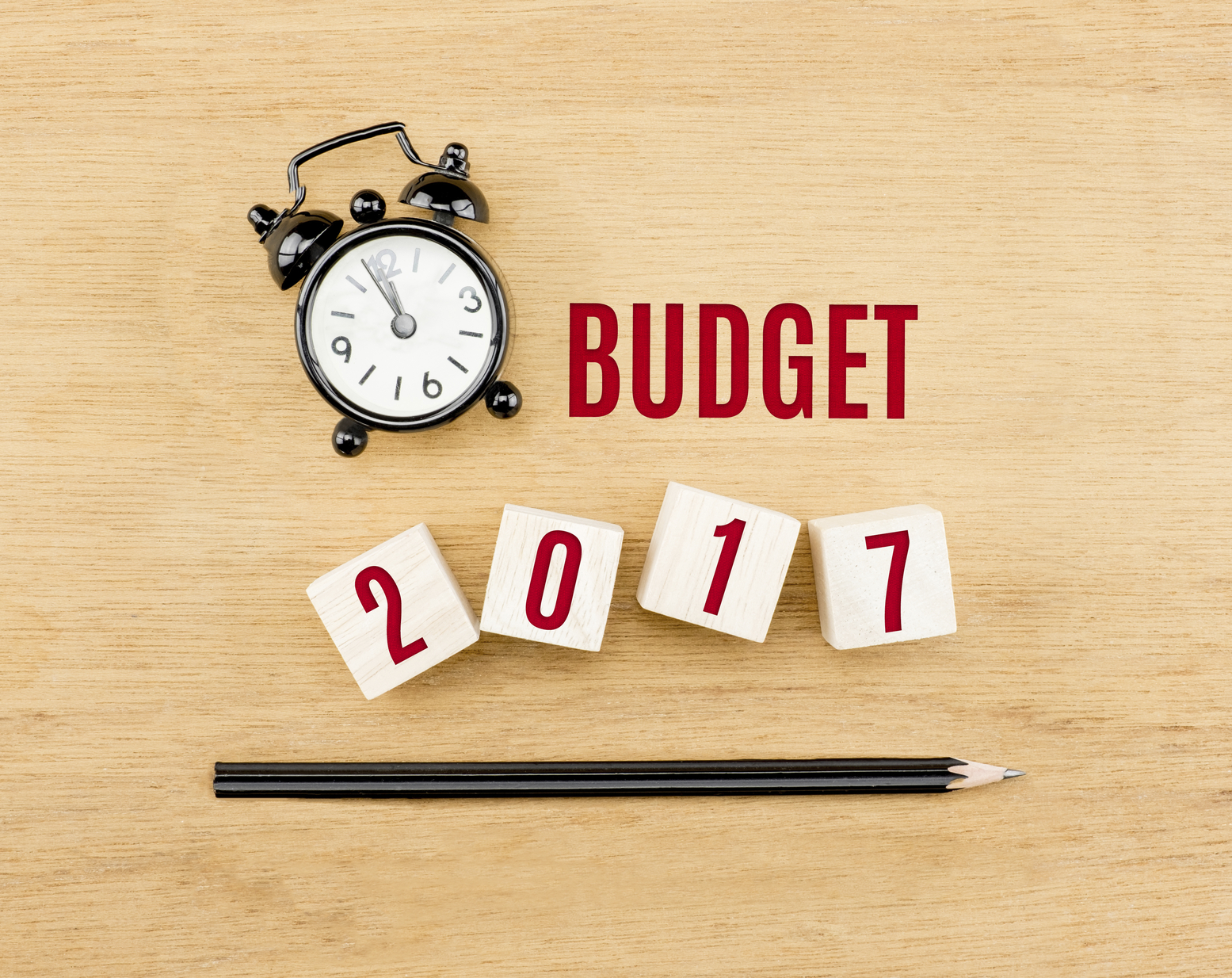- FG Extends 2016 Budget Implementation to March 2017
The Federal Government has extended the execution of the N1.58tn capital component of the 2016 budget to the end of March 2017.
The development was confirmed by the Accountant-General of the Federation, Alhaji Ahmed Idris, via a circular with reference number OAGF/CAD/026/V.111/108.
The circular, which was obtained by our correspondent on Friday in Abuja, was addressed to top government officials such as the Chief of Staff to the President, Secretary to the Government of the Federation, ministers, National Security Adviser, Governor of the Central Bank of Nigeria and all service chiefs.
Others are the Chairman of the Federal Inland Revenue Service, all permanent secretaries (federal), Clerk of the National Assembly, Auditor General of the Federation, all vice chancellors of federal universities, all directors of finance and internal audit and all directors-general.
The circular, titled “Guidelines for financial activities for end of year 2016”, stated that while the implementation of the recurrent budget was expected to end on December 31, 2016, the capital component would be allowed to go on until March ending.
Idris said the need to issue the circular became imperative in order to promote probity, transparency and good governance.
The circular read in part, “It has become imperative to provide guidelines to all Ministries, Departments and Agencies and other arms of government on financial activities for the fiscal year ending December 31, 2016.
“The objective of the guidelines is to promote probity, transparency, accountability and good governance in line with the policy of trust of the present administration.
“All ‘unspent’ balances in the recurrent expenditure cash books at the end of 2016 financial year will be closed.
“The Government Integrated Financial Management Information System platform will be closed by midnight of December 31, 2016 and the MDA balances will be mopped into the Consolidated Revenue/Treasury Single Account accordingly.
“The unexpended recurrent votes of the MDAs on the TSA-sub accounts under the CBN/Remita gateway for the 2016 financial year shall similarly lapse at midnight of December 31, 2016.”
It added, “Capital allocation and statutory transfer for the financial year ended December 31, 2016 will not be closed but extended to March 31, 2017.
“Accordingly, all MDAs will have access to their capital funds and statutory transfers up until March 31, 2017 as may be applied by the National Assembly.”
The circular, however, stipulated that the MDAs would be responsible for transfering the relevant legal or financial commitments into the New Year.
The transfer commitment, it added, would have impact on the 2017 budget including the capital budget transferred from the 2016 fiscal period.
It however, noted that such transactions would be separately disclosed in the consolidated financial statements of the Federal Government.
The N6.06tn 2016 budget, which was signed into law by President Muhammadu Buhari on May 5 had a recurrent expenditure of N2.65tn; capital expenditure of N1.58tn, with debt service of N1.47tn and fiscal deficit of N2.2tn.
So far, about N753.6bn has been released by the Ministry of Finance for capital projects with the Ministry of Power receiving the highest amount of capital releases of N209.24bn.
The Special Adviser on Media to the Finance Minister, Mr. Festus Akanbi, said in a statement that the Ministry of Defence had N69.5bn and the Ministry of Transportation followed with N30.5bn.
Others are agriculture, N29.5bn; water resources, N25.2bn; interior, N21.2bn; health, N18.4bn; education, N16.7bn; Niger Delta, N8.1bn; science and technology, N6.6bn; mines and steel, N3.3bn; and petroleum resources, N2.4bn.
The statement from the ministry also stated that the sum of N312.5bn was released to what it described as “others”.
The Minister of Budget and National Planning, Senator Udo Udoma, said a total of N753.6bn already released for capital expenditure in 2016 was the highest in the nation’s recent history, even in the era of high oil prices.
At an interactive session with members of the Senate Committee on Appropriation in Abuja, Udoma had said that in spite of the shortfall in revenue expectation, the government was committed to its debt obligations and had made efforts to fund the critical sectors to enable the government to function smoothly while seeking lasting solutions to the revenue shortfalls.
He explained that although the 2016 budget was well conceived, with reasonably conservative benchmarks, it recorded unanticipated revenue shortfalls along the line due to militants’ activities in the oil-producing Niger Delta region.
This development, he added, adversely affected the budgeted production levels for the 2016 fiscal year.


 Billionaire Watch3 weeks ago
Billionaire Watch3 weeks ago
 Startups4 weeks ago
Startups4 weeks ago
 News4 weeks ago
News4 weeks ago
 News4 weeks ago
News4 weeks ago
 Bitcoin4 weeks ago
Bitcoin4 weeks ago
 Naira4 weeks ago
Naira4 weeks ago
 Forex3 weeks ago
Forex3 weeks ago
 Treasury Bills4 weeks ago
Treasury Bills4 weeks ago
























